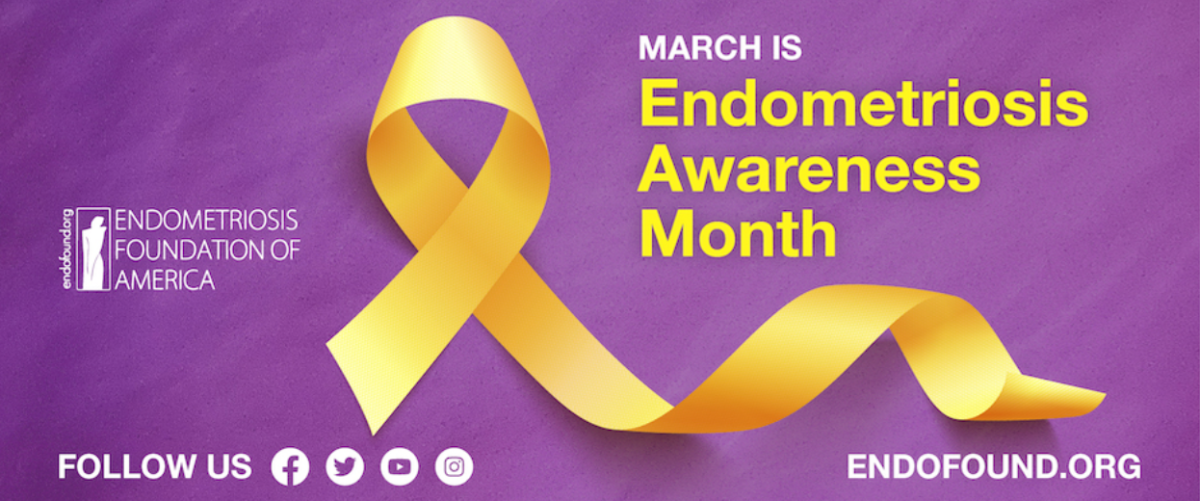After a long day at sports practice, the red and yellow food sign that can be viewed from a car window can entice just about anyone. Quick, oily, and filled with loads of sodium, nothing can top the first bite of hot fries and a bacon cheeseburger. Though the feeling of satisfaction that comes from choosing something off of an illuminated food menu is something wondrous, the effects of consumption may do more harm than good.
Fast Food?
Fast food: convenient, easy, delicious, and ultimately filling. Originating from the first restaurants in 1921, fast food now characterizes the Standard American Diet (SAD).. One of the unhealthiest eating regimens, this eating lifestyle has been adopted universally by millions of Americans. Unfortunately, processed foods and fast foods kill more Americans than cigarette smoking does. Whether microwavable or handed through a drive-through window, fast food and processed food contain a series of added sugars, sodium, unnatural dyes, artificial sweeteners, and other harmful chemicals. With a huge amount of unneeded calories, and possessing many agents that contribute to dilapidating mental and physical states, fast and processed foods are some of the most prominent silent killers of society.
A branch of the SAD is most prevalent among “food deserts” in rural areas with mostly low-income families. With limited access to farmers’ markets and general supermarkets, their meals mostly consist of what is within close proximity and what is most convenient. Recorded in a national directory from the USDA, a survey based on food insecurity reported that 5.1 percent of respondents could not acquire their ideal foods due to unavailability or the inaccessibility of stores.As explained in the survey, limited andrestricted food availability in food deserts acclimated families to a lack of proper nutritional subsistence. A lack of proper food leads to detrimental effects among the physical and mental being of those located in food deserts. Obesity, heart attacks, diabetes, and renal failure are two-four times more likely to appear throughout families. A shortage of vehicle access is one of the biggest contributors to limited access to stores that are present in these communities.
Fast Food Addiction
When most people think of “addiction”, alcohol or another form of substance abuse comes to mind, but fast food can also be the source of addiction. The combination of excess sodium, artificial sweeteners, and fat opens pathways for increased risk of stroke. The accumulation of excess fat increases one’s chances of cardiovascular disease. Fast food, which is broken down rapidly and filled with empty calories, contributes to obesity as one feels uncomfortable digesting the food and ultimately gets hungrier faster. Oil, which is the universal additive of fast food, can cause the addictive quality that draws people to fast food. The World Health Organization’s data shows that food that has been fried in previously used oil contains 100 times the level of aldehydes recommended. Taking the convenience of grab-and-go which puts McDonald’s at the center of this category, and the recommended calorie intake by the World Health Organization, Americans consume their recommended intake just from two meals. Based on the most popular breakfast item and typical lunch combination, sausage biscuit, Big Mac, medium fries, , the total calorie intake would level at 1630 versus the 2,000 recommended for a woman and 2,500 for a man. The same meal would have 120 mg of the 300 mg of cholesterol recommended by the World Health Organization. Disregarding snacks and dinner, eating at a fast-food restaurant can easily cause a buildup of cholesterol and other detrimental agents, ultimately interfering with digestion and overall health.
Feeling uncomfortable during digestion is a common symptom experienced by those who regularly consume fast food throughout the week. This feeling is accentuated by withdrawal symptoms which come from interpreting uncomfortableness as high or low blood pressure leading to the consumption of more food, outputting obesity, and a series of other health-related issues. A constant cycle of bad digestive regulation and the symptoms that stem from this contribute to the inability to keep a healthy body weight and lose or gain weight.
The Mental Effect of Fast Food
Cognitive function decline is another harmful effect of fast food intake. Two of the most common fast foods, hamburgers and pizza, are directly correlated to depression. Almudena Sánchez-Villegas, the leader of a study looking at the correlation between depression and fast food explains, “the more fast food you consume, the greater the risk of depression.” Any foods that are not made of quality components do not provide the essential nutrients to the body, which can cause people to fall behind in certain areas, such as memory retention. Harvard Medical Journal states, “multiple studies have found a correlation between a diet high in refined sugars and impaired brain function — and even a worsening of symptoms of mood disorders, such as depression.” Many Americans are not aware that proper food allows an increase in productivity rates and improves general emotional conditions. Even food with a high glycemic index, such as white rice, which is a staple in many American households, is associated with diabetes, producing nauseated and “overly-filled” states contributing to low-self esteem, fatigue, and a self-deprecating mindset. Eating a consistent diet of processed and unhealthy foods is similar to getting a new car and neglecting it; as time passes the car eventually will run slower and begin to show signs of neglect on the outside.
Whether it’s exam season or you’re prepping for your next physics text, fast food seems like the best time-efficient option that will give you the proper fuel, right? Wrong! While time-efficient meals are pretty enticing, the reason you may not be able to remember those seemingly easy formulas may be due to the fries that you just ingested. Besides making you feel full and sluggish, tempting you to go to bed without knowing the content, junk food can cause oxidative stress which can negatively affect neurotransmitters, slowing brain activity and retention. According to SF Gate, “Eating large amounts of trans fats, found in many fast foods, can interfere with normal neuronal firing.” Negative feelings related to junk food can lead to depression, anger, deficit hyperactivity disorder, dementia, bipolar disorder, and schizophrenia. Brain synapses that help memory and learning capabilities are negatively impacted when high amounts of calories are constantly consumed.
When it’s time for your next meal, consider making a salad or turning on the stove to cook something fresh as this can help you in the long run. Try looking up some new recipes, and cooking dinner; you’ll feel more productive and ready to tackle the upcoming week’s assignments. Plus you might just get down your timed run at practice!







